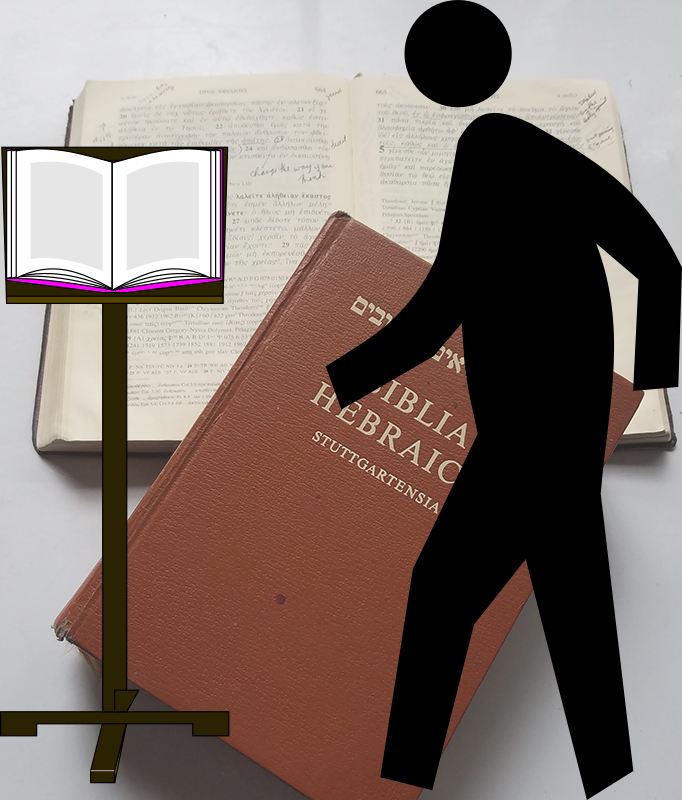Eschatology: Daniel Passage-by-Passage
I’ll be looking at chapters 6 & 7 tonight, though 7 will doubtless stay in focus as we go through 8 & 9.
YouTube:
I’ll be looking at chapters 6 & 7 tonight, though 7 will doubtless stay in focus as we go through 8 & 9.
YouTube:
In this week’s Christian Blog Carnival #CL, now posted at Brain Cramps for God, I found an excellent post from Amanda on Imago Dei titled The Limits to God’s Grace This goes back to an article by Bart Campolo on which I commented about a week ago in my post Conceptual Idolatry. Amanda has written…
Last night after my discussion of eschatology, in which I mentioned that we tend to discover what we’re looking for in scripture, I returned to the house. Now I think this warning is important. We need to check our questions. On my hub site, henryneufeld.com, I use the slogan “helping you find the right questions.”…
I’ll be addressing some additional points about dating and prediction as well, while emphasizing the symbols and imagery and what the book would have sounded like to those who first read it. Google+ Event Page YouTube:
I should have posted this earlier. I’ll use as an excuse that our son is visiting us from Arizona. He’s probably not really to blame, but we are very delighted to have him here. Some distractions are a definite gift from God! You can find out more information from my Google+ Event, or watch the…
I am a bit rushed, so here are the links without much comment. Google+ Event Page YouTube:

These discussions seem to come up all the time about learning Greek, but the discussion also applies to Hebrew. How one can imagine it’s critically important to learn Greek if one is to preach or teach, but not so much to learn Hebrew, I don’t know. But the degree requirements of various colleges and seminaries…
It occurred to me when listening to the repeated “according to the law of the Medes and Persians no decree or edict that the king issues can be changed” firstly that the law of the Medes and Persians is therefore hugely stupid (any student of law will quickly find that past precedents are a millstone round your neck when trying to find a just result) and secondly that the author may have expected his audience to pick up on that. It rather depends whether the authorship is before or after the advent of a tradition of picking away at the Mosaic Law and its interpreters among Jewish scholars (later they’d be universally called Rabbis, but maybe not at this date…)
It’s an interesting point, especially since I’m trying to look at the book from the perspective of two proposed times of writing and many possible redactional processes. I do believe that the king (Darius the Mede, unknown to history) is being portrayed negatively, but you may be right that the legal system is also receiving a similar portrayal. It would seem likely that such a commentary would be more likely with later dating, though it would fit with the Aramaic portions of the book coming from anywhere from the 5th to the 2nd century as the rabbinic laws are discussed and codified, though probably later in that period than earlier.